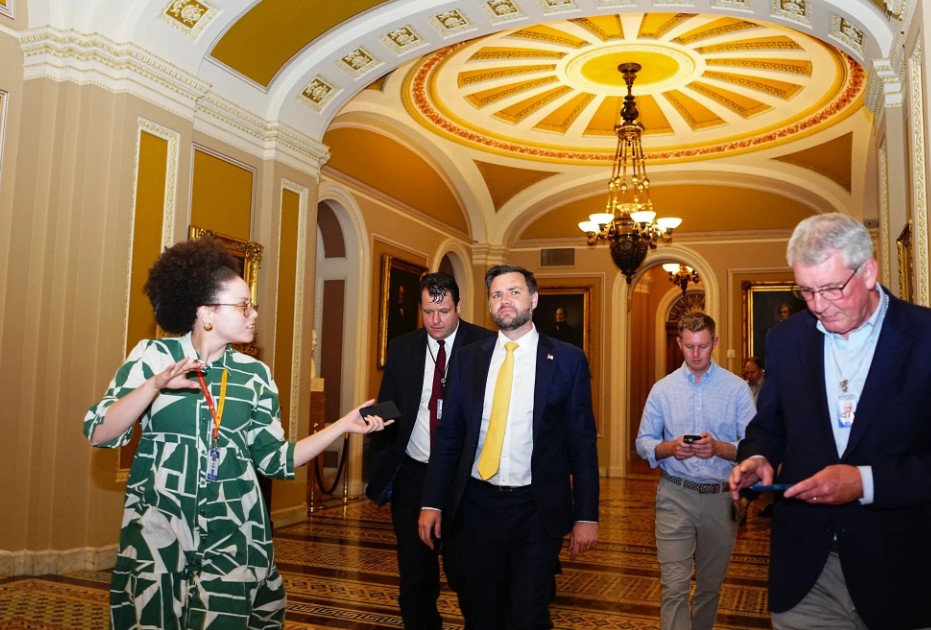A Marathon Session and a Divided GOP
The Senate’s late-night session was marked by high drama, with Vice President JD Vance and Senate Majority Leader John Thune working tirelessly to sway reluctant Republican holdouts. According to Bloomberg, the bill’s passage through this procedural hurdle required last-minute concessions, including adjustments to the state and local tax (SALT) deduction and the removal of a controversial federal land sales provision that had drawn opposition from senators in Idaho and Montana.
Despite the victory, the bill faced resistance from three Republican senators, reportedly concerned about Medicaid cuts and the potential increase in the national debt. Their dissent underscores the fragile coalition supporting the legislation, with the self-imposed July 4 deadline looming.
Energy Policy at the Core: Dismantling the Green New Deal
Tax Breaks, Spending Cuts, and Border Security
Beyond energy, the 940-page bill is a sprawling package of Republican priorities. It extends the 2017 tax cuts from Trump’s first term, increases the child tax credit from $2,000 to $2,200 per child (with inflation adjustments post-2025), and boosts funding for national defense and border security, including deportation efforts. A tentative deal with House Republicans raises the SALT deduction cap from $10,000 to $40,000 for five years, a concession aimed at winning over lawmakers from high-tax states.
The bill also includes spending cuts, though details remain contentious. Critics, including some GOP senators, worry about its impact on Medicaid and the national debt, while supporters argue it’s essential to prevent a massive tax increase when Trump’s first-term tax breaks expire in December.
What’s Next for the Big Beautiful Bill?
While the bill has cleared a key hurdle, its path to final passage remains uncertain. Senate Republicans must navigate internal dissent and Democratic resistance, with the latter forcing a full reading of the legislation to slow its progress. President Trump hailed the vote as a “great victory,” but the final Senate vote and House approval are still needed to meet the July 4 deadline.
For the energy sector, the stakes couldn’t be higher. If passed, the Big Beautiful Bill could mark a decisive shift away from Green New Deal policies, prioritizing energy independence and affordability. However, as Blackmon notes, the bill’s success depends on maintaining GOP unity and overcoming Democratic efforts to derail it. Any compromises that dilute its energy provisions—such as retaining renewable subsidies—could weaken its impact.
The Bigger Picture
Sources: Bloomberg News, David Blackmon’s Substack, X posts

